Celebrating Yash Chopra:
The Indian Film Maestro
Preface
A select few figures emerge from the archives of Indian cinema as visionaries and creators who not only changed the business but also made a lasting impression on successive generations of spectators. Yash Chopra, who is frequently referred to as the "Lord of Sentiment," occupies a special place in Bollywood's extensive history and is highly respected. Throughout his storied career, which spanned several decades, he produced ageless masterpieces that still enthral audiences. This blog honours Yash Chopra's significant contributions to Indian cinema by exploring his life, career, and lasting legacy.
Beginnings in Early Life and Profession
On September 27, 1932, Yash Chopra was born in Lahore, which at the time was significant for English India (now in Pakistan). His early foray into the film industry began when he followed his older sibling, B.R. Chopra, into the entertainment industry. Yash Chopra, who started out as an associate chief, quickly demonstrated a gift for storytelling and an attention to detail.
Growth as a Producer
Yash Chopra, who had a strong social conscience, made his directing debut in 1959 with "Dhool Ka Phool". His career as a Bollywood director began with this film, which tackled issues of illegitimacy and social conventions. But it was his later works that established his own cinematic style and really catapulted him to fame. "Waqt," which Yash Chopra directed in 1965, constituted a major milestone in Indian cinema history in addition to showcasing his directing skill. The narrative structure of "Waqt" was noteworthy because it combined several plotlines and characters in a way that was novel at the time. Audiences connected with the film's examination of family dynamics, separation, and reunion, and it solidified Yash Chopra's reputation as a storyteller adept at deftly combining drama, emotion, and social commentary.
Yash Chopra's early career was significantly influenced by the film "Ittefaq" (1969), which is renowned for its captivating storytelling and suspenseful plot. The movie, which takes place over the course of a single, rainy night in minimalist surroundings, showcased Yash Chopra's talent for building suspense and mystery while exploring more complex psychological and social topics. Yash Chopra demonstrated his versatility as a director with "Waqt" and "Ittefaq," deftly juggling a variety of genres and storylines while imbuing each with his signature focus on character development and social importance. These films not only won praise from critics but also established Yash Chopra as a filmmaker with a distinct vision and an unrelenting dedication to excellence in narrative. They also paved the way for Chopra's subsequent achievements in Bollywood.
Sentiment Period: Yash Chopra's Mark
In the 1970s and 80s, Yash Chopra made a name for himself as the master of sentimental cinema. Films like "Kabhi Kabhie" (1976), "Silsila" (1981), and "Chandni" (1989) transformed the way love was portrayed on the Indian screen while captivating large audiences with their endearing tales. He stands out from his friends because of his ability to understand the nuances of interpersonal relationships and emotions.
Collaboration with Shah Rukh Khan and Amitabh Bachchan
Yash Chopra's collaboration with famous performers such as Amitabh Bachchan and later Shah Rukh Khan was an essential aspect of his career. His successful collaborations with Bachchan began with the films "Deewaar" (1975) and "Trishul" (1978), and he co-wrote several of Bollywood's biggest hits with Shah Rukh Khan, such as "Dilwale Dulhania Le Jayenge" (1995) and "Go Zaara" (2004).
Genuinely Brilliant: Yash Chopra's Executive Process
In addition to visual elements, Yash Chopra's films told narrative. He had an innate ability to create beautiful images, sometimes using complex sets and fantastical locations to enhance the storytelling. Each and every one of his films was a show-stopper thanks to his meticulous attention to detail and keen understanding of music and cinematography.
Impact on Indian cinema
The influence of Yash Chopra extended well beyond the boundaries of Bollywood. His films transcended societal boundaries and resonated with audiences all across the world. His films' themes of devotion, atonement, and family resonated with viewers from a variety of backgrounds, earning him respect and recognition from all quarters.
Awards and Recognition
Yash Chopra received numerous awards over his illustrious life, including a few Filmfare and Public Film Grants. The Dadasaheb Phalke Grant, India's highest cinematic accolade, was given to him in 2001 in recognition of his dedication to the Indian film industry. In addition, his exceptional dedication to human expression earned him the Padma Bhushan, one of the nation's highest accolades for ordinary citizens.
Legacy and Sustaining His Intent
The untimely demise of Yash Chopra in 2012 left a gap in the Indian entertainment industry. Still, his legacy lives on thanks to Yash Raj Pictures, the production company he founded and which is arguably the most recognisable entity in Bollywood. Aditya and Uday Chopra, his children, have carried on their father's aim of producing meaningful and captivating films, ensuring that his influence will live on for a long time.
Conclusion
All things considered, Yash Chopra will always have a big and lasting impact on Indian cinema. His films captivated and invigorated audiences worldwide, making a lasting impression on their hearts and minds. By his unparalleled storytelling, sense of style, and ability to evoke emotions, he transcended boundaries and established a solid reputation as a true movie icon. While we honour his life and contributions to the cinema industry, we also see Yash Chopra's immeasurable legacy and priceless devotion to the medium as a source of inspiration for Indian filmmakers.


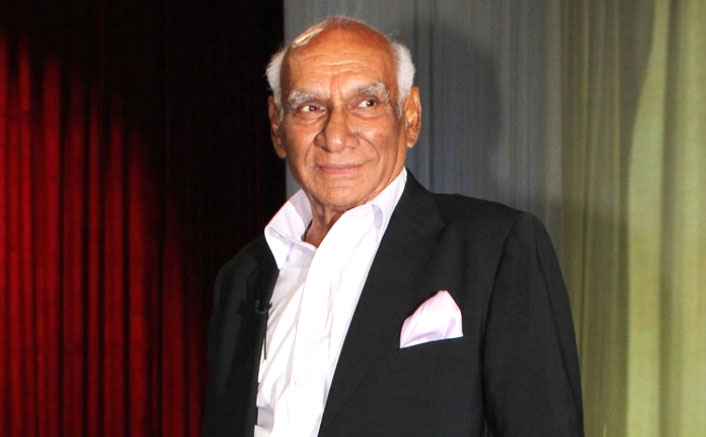

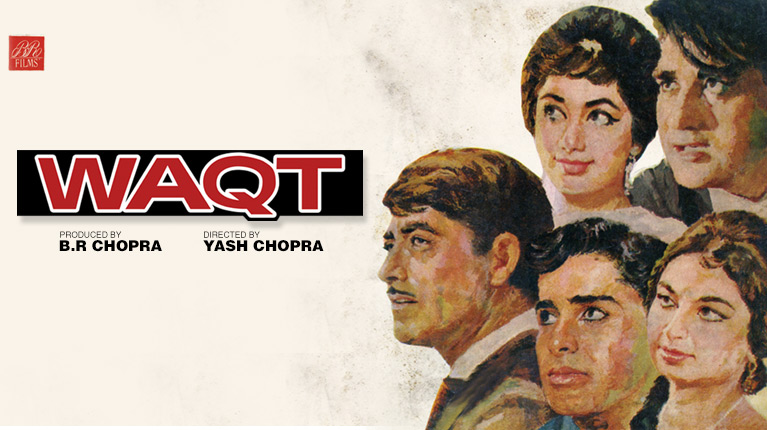
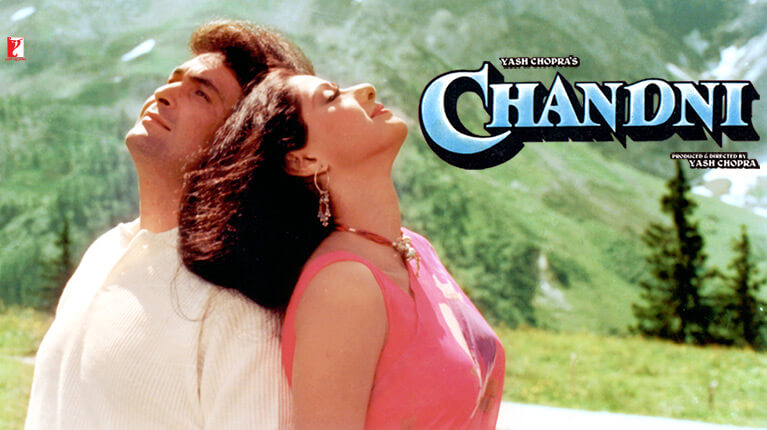
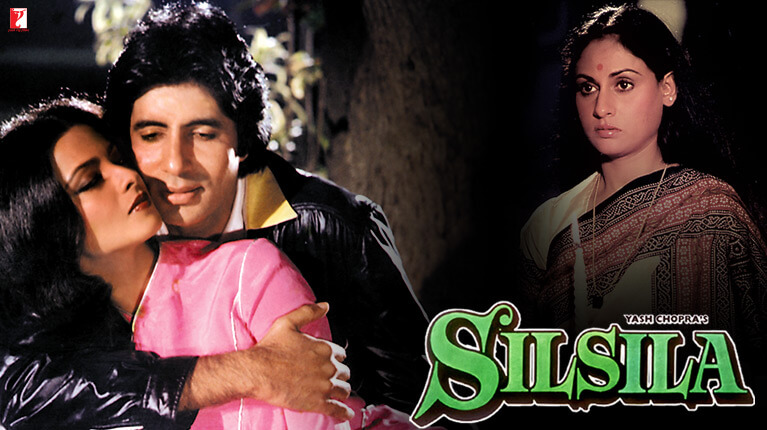
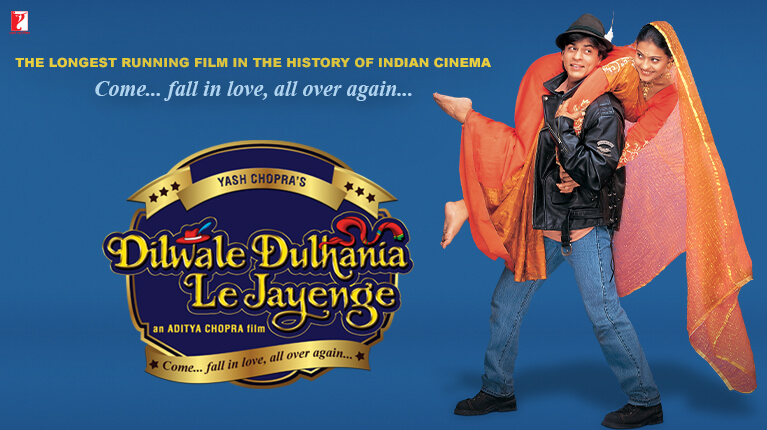

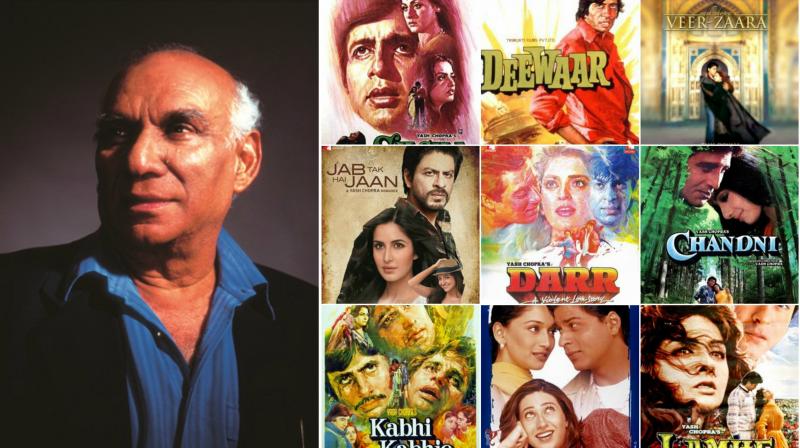
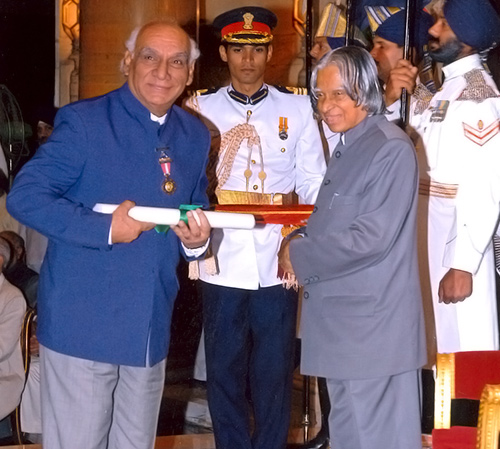

0 Comments